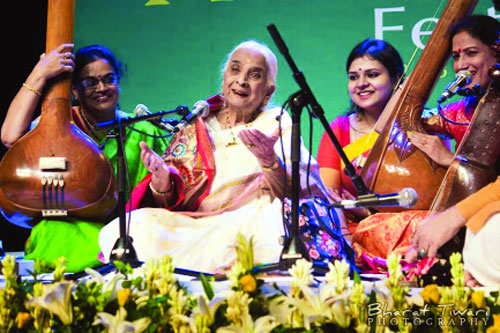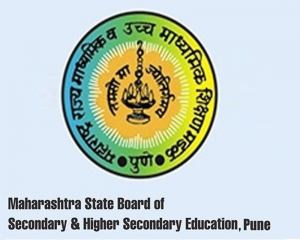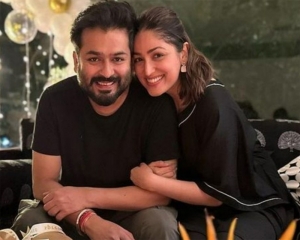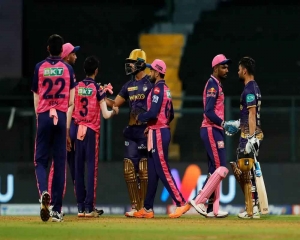SUMAN DOONGA pays tribute to thumri queen Girija Devi, who she believes was a great thinker before everything else
Who would have thought that we would see the last ofthumri legend Girija Devi just a couple of months ago at a festival celebrating the classical genre at Delhi’s Kamani AuditoriumIJ But then, music was akin to prayer for her, one she couldn’t stay without or say no to. Despite her physical frailties, she was persuaded to sing by Sahitya Kala Parishad just as she was contemplating sanyas. Perhaps she felt it was her duty as torchbearer to show the young generation how to perform thumri gayaki.
Girija Devi’s thumri is a form of Bhaw Pradhan, which is about the purest feelings. It is based on different ras like prem, bhakti and biraha. The use of poetic words is an essential aspect. How fast can one add different elements in a single bandish or how much technically correct are the ragasIJ But the most important aspect ofthumri is how one puts together the ras or bhaw in the singing because one can’t use taan or sargam.
Girija Devi felt strongly about calling thumri a folk or semi-classical form of music. For her it was the purest form of classical derived from khayal. And therefore, she felt, thumri should be treated with the same respect and dignity as khayal and dhrupad.
Fondly known as Appaji, she started her performance with thumri’s rare raga, Khamavati, and a very old bandish written by her Dada guru Pandit Bhushan Mishraji, Manhar linu mora re shyam. It was followed by dadra which she showcased with great humour and care. She was careful about how differently it can be sung with modulation of expression and bhaw. Not only was she in a great mood but when different requests poured in, she kept on singing, sending the audience into a different world altogether.
Born on May 8, 1929, in Varanasi, to a zamindar, Ramdeo Rai, Girija Devi began taking music lessons when she was a child of five. Her first guru was vocalist and sarangi player Sarju Prasad Misra, and then Sri Chand Misra.
Girija Devi always loved to recount her childhood days in Varanasi, where “I considered myself more a boy than a girl.” Rao encouraged her to learn swimming, horse riding and stick fighting, which she loved, but never had much interest in studies. “At the same time, I did play with dolls, and spent time arranging for my doll’s marriage,” Girija Devi said during an interview a few years ago.
At that tender age, she learnt khayal, dhrupad, dhamar, tarana, folk music and bhajan. With Varanasi being a hub of both Hindu and Muslim classical singers, the elements from both traditions enriched her repertoire and increased her knowledge.
In 1949, Girija Devi’s performance was aired by the Allahabad station of All India Radio, which had then just started its broadcast. Recognising her talent, the AIR authorities treated the 20-year-old at par with established singers like Shehnai maestro Bismillah Khan, Hindustani singer Siddheswari Devi and table exponent Kanthe Maharaj. “During that time there was no system of audition or grading of artists. But I found from the contract forms that I was paid the same amount of money as these artists.”
Two years later, Girija Devi gave her first public performance at a music conference in Bihar’s Arrah, alongside the likes of Pundit Omkarnath Thakur and Kanthe Maharaj. In 1952, she paid her first visit to Kolkata, which became her home two-and-a-half decades later — to take part in the Sadarang Sangeet Sammelan.
Groomed in the tradition of the Benaras and Seniya gharanas (lineage), Girija Devi was celebrated for her extensive collection of rare traditional bandishes. The best in her came out when she performed in the Purabi ang thumri style, and helped in elevating the genre. Her renditions of semi classical forms like Kajri, Chaiti and Holi also mesmerised the connoisseurs of Hindustani classical music.
In 1978, with the formation of the ITC Sangeet Research Academy in Kolkata, Girija Devi shifted base to the eastern metropolis, after prodding from the institute’s then director Vijay Kichlu. She immediately fell in love with the city. “There is a deep love for music and culture. The musicians get a lot of respect. The boys and girls are very keen learners. But studies take up so much of their time, they hardly have any free time to practice. In contrast, we used to practice for five/six hours.”
In the early 90s, she also taught at the Banaras Hindu University, thus leaving behind a large number of students to carry on her legacy.
Besides Padma Shri (1972), Padma Bhushan (1989) and Padma Vibhushan (2016), the stalwart was honoured with the Tansen Samman by the Madhya Pradesh government, besides receiving the Sangeet Natak Akademi Award (1977).
The Sangeet Natak Akademi award citation lauded Girija Devi for her renditions of khayal with “astounding clarity and control.”
She was also a regular performer on All India Radio and Doordarshan with numerous CDs and audio cassettes to her credit. However, Girija Devi never created any ragas of her own. “Whatever compositions I sing, my tappa, thumri or khayal, are all traditional. I never created any new raga. I only learnt what my gurus taught me and not from any books,” she once said. Even at a ripe old age, singing was her life force. “If I can eat, walk, talk, then why shouldn’t I singIJ” she remarked sometime before her 80th birthday.
THE OTHER HAlF
It was Girija Devi’s musical pursuit and passion that brought her close to her businessman husband Madhusudan Jain, almost 20 years her senior, reminisced vocalist Debapriya Adhikary.
Mentored by Girija Devi for over a decade, Adhikary and sitarist Samanwaya Sarkar (of the duo DebSam) directed a documentary film on the legend titled Girija : A lifetime In Music.
Appaji (as she was fondly called) was married to Jain at the age of 15. “It was a very loving and nice relationship. But her husband was definitely a very strict person and she used to abide by all rules and regulations always. If she had to go to a concert for one day and another concert was scheduled in two days time, she was not allowed to stay there for more than one day. She had to do it and come back and she could go again. She maintained her household, did sewa and everything because they had an age difference of almost 20 years,” Adhikary said. On his part, Jain would help organise concerts. In the biography section of the documentary’s website, she described her husband as “truly a lover of music and poetry. I was fortunate to have so much support from my husband. A year after our marriage, we had a baby girl. My husband continued to support my musical career but I soon felt the strains and demands of domestic life interfering with my practice. decided to go away to Sarnath for a year. My husband found a small place for me, and I lived there with my maid while my mother took care of my daughter. My husband and Guru Srhichand-ji visited me every evening. I continued to take rigorous music lessons from my guru and I practised for several hours every day, starting at 3:30 am. That one year of deep, spiritual practice, sadhana, changed my life. The hard work paid off. I came back to Banaras with a new insight of what sur, a musical note, really means.”
She further said, “It is hard to believe that in 1949, I had already officially launched a career as a professional musician. With my husband’s support, I kept learning, performing and travelling to music festivals. My husband did not want me to perform at private concerts, and I was happy to accommodate his wishes.”


























